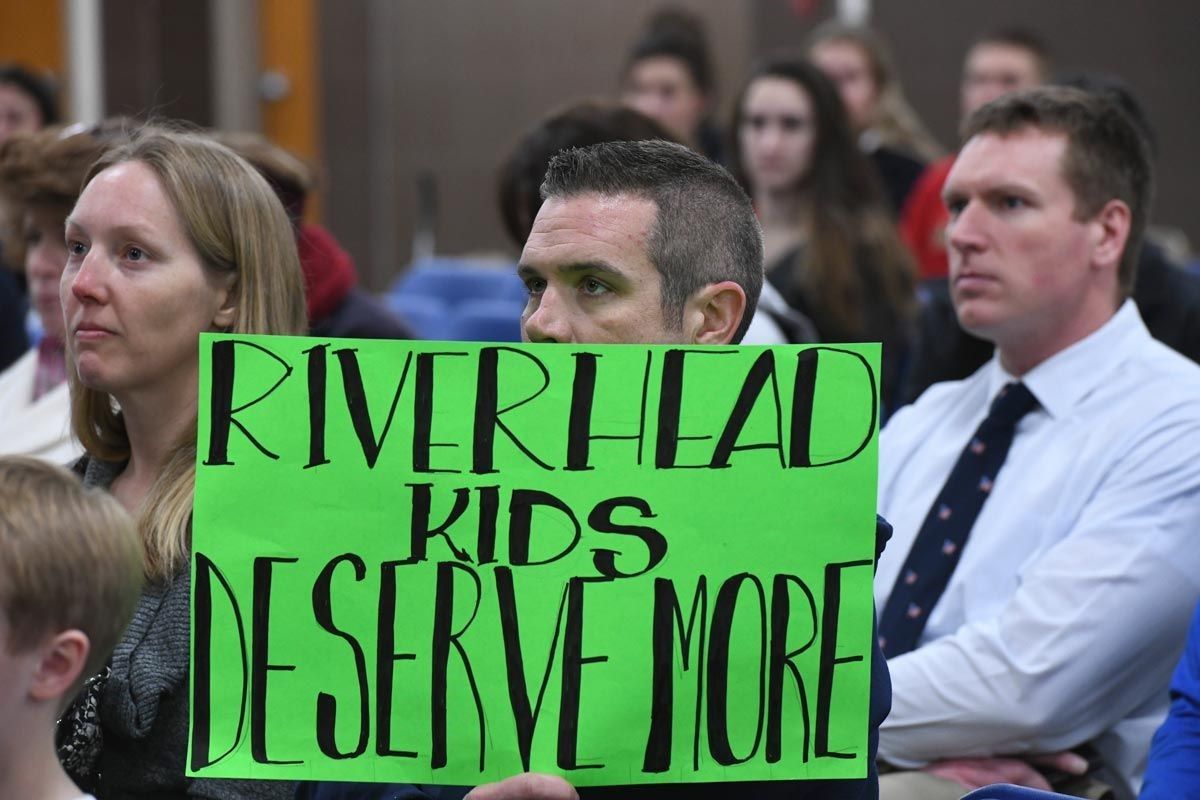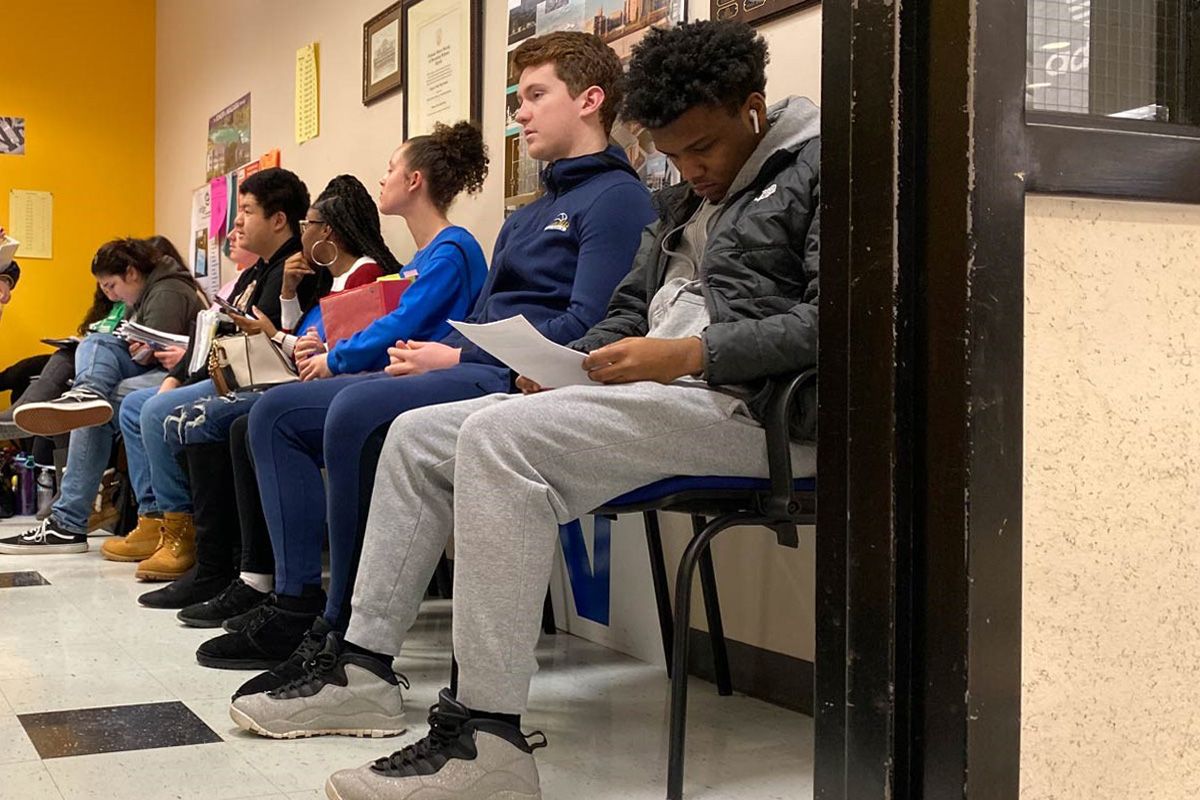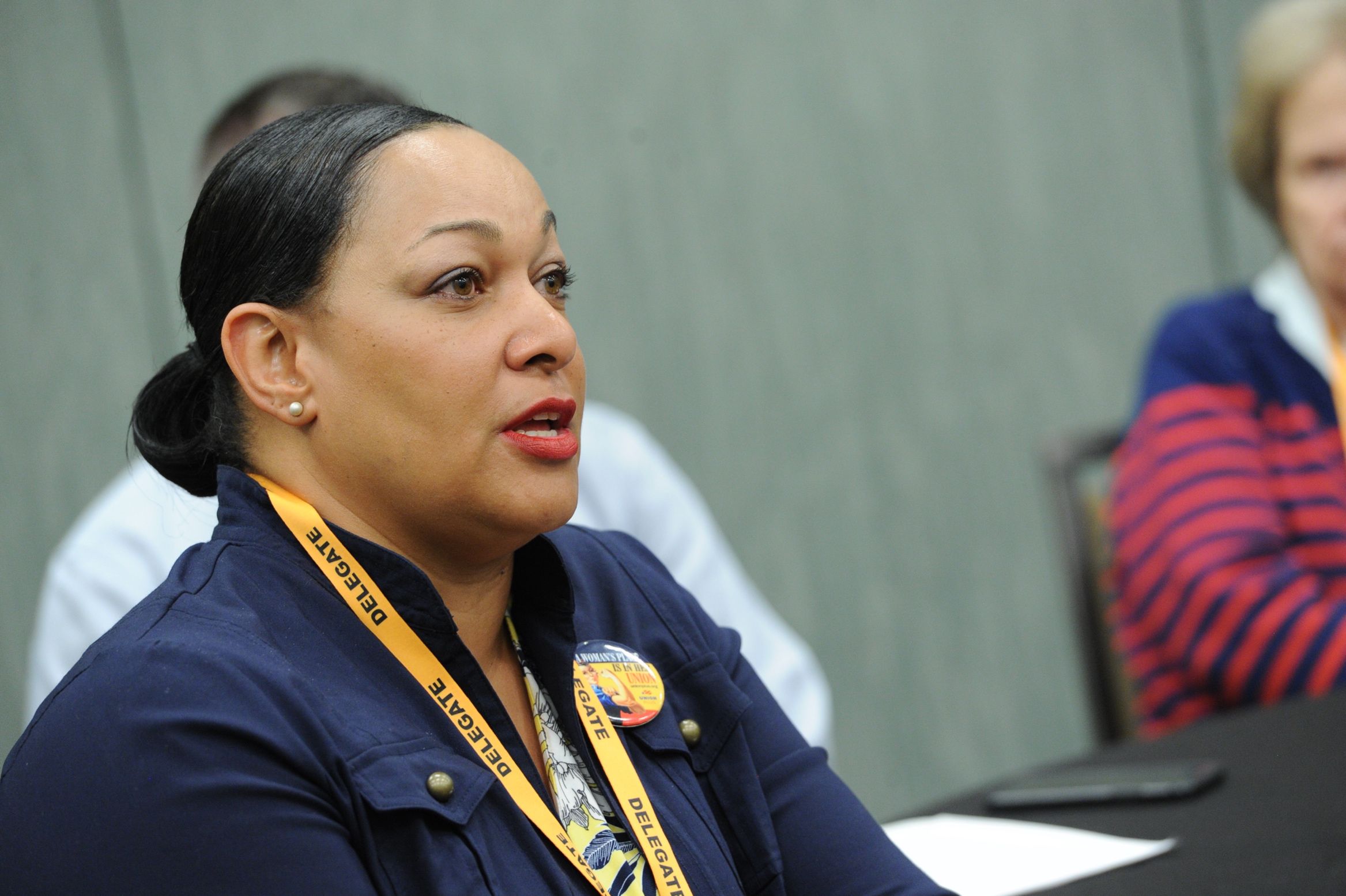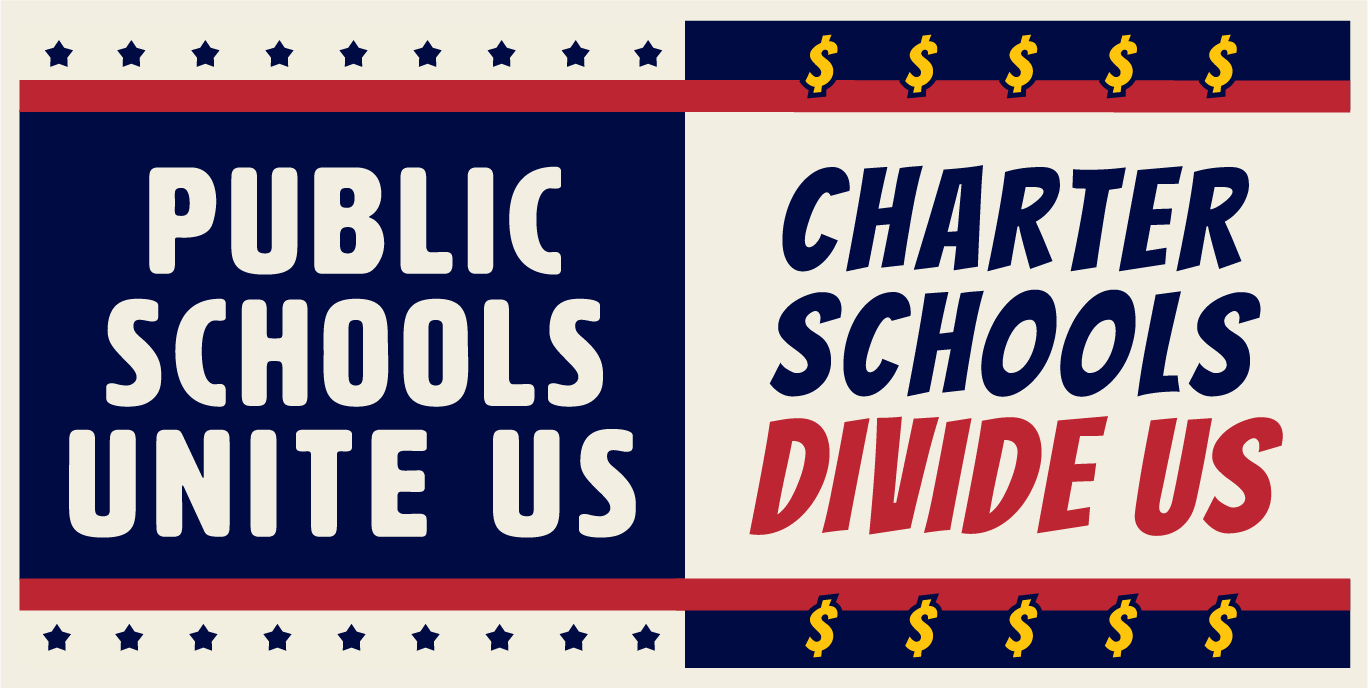
The current proposal to drastically increase the number of corporate charter schools in New York will further undermine public schools and undo the historic investment that has been made in Foundation Aid.
Keep public schools the center of our communities
Charter schools were created to serve as laboratories for developing, refining and creating innovative and effective best practices in education. Unfortunately, while well-intended, corporate charter schools have become a financial burden on traditional school districts, diverting millions in Foundation Aid funding into corporate coffers.
State leaders are finally meeting New York’s obligation to properly fund public schools by fully phasing in the Foundation Aid formula. Now is not the time to expand the state’s network of charter schools as lawmakers have proposed in the state budget — it threatens to undermine New York’s historic investment in Foundation Aid. Let’s keep public schools as the center of our communities. Public schools unite us. Charter schools divide us.
Why are corporate charter schools unfair?

Corporate charter schools strip funding from public schools in our communities.
- In 21 of New York’s most charter-saturated districts, 61 percent of their Foundation Aid increases over the last five years went to charters.
- These districts could have invested $2 billion in student supports. Instead, they were mandated to pay $1.23 billion to corporate charters.
- The executive budget proposal clears the way for up to 106 new charters. Public schools could lose millions more in funding.

The charter school industry doesn’t play by the same rules — they cherry-pick students
- Corporate charters underserve students with disabilities and English language learners.
- Corporate charters are exempt from public transparency and accountability requirements. Unlike public schools, charter schools are
NOT locally controlled - While locally elected school boards govern public schools, communities have NO say in how corporate charters operate. For example, before purchasing a new school bus, local districts must hold a taxpayer vote. But there’s no taxpayer approval required for opening a new charter school — even though it drives up local property taxes.

Corporate charter schools are motivated by profits, not community
- Corporate charters are flush with cash and hoarding taxpayer dollars. They hold $961 million in cash and $1.45 billion in unrestricted net assets — public schools are only permitted to carry 4 percent in their reserve fund balance.
- Some charter school executives earn nearly $1 million annually — NYC’s public schools chancellor earns around $250,000

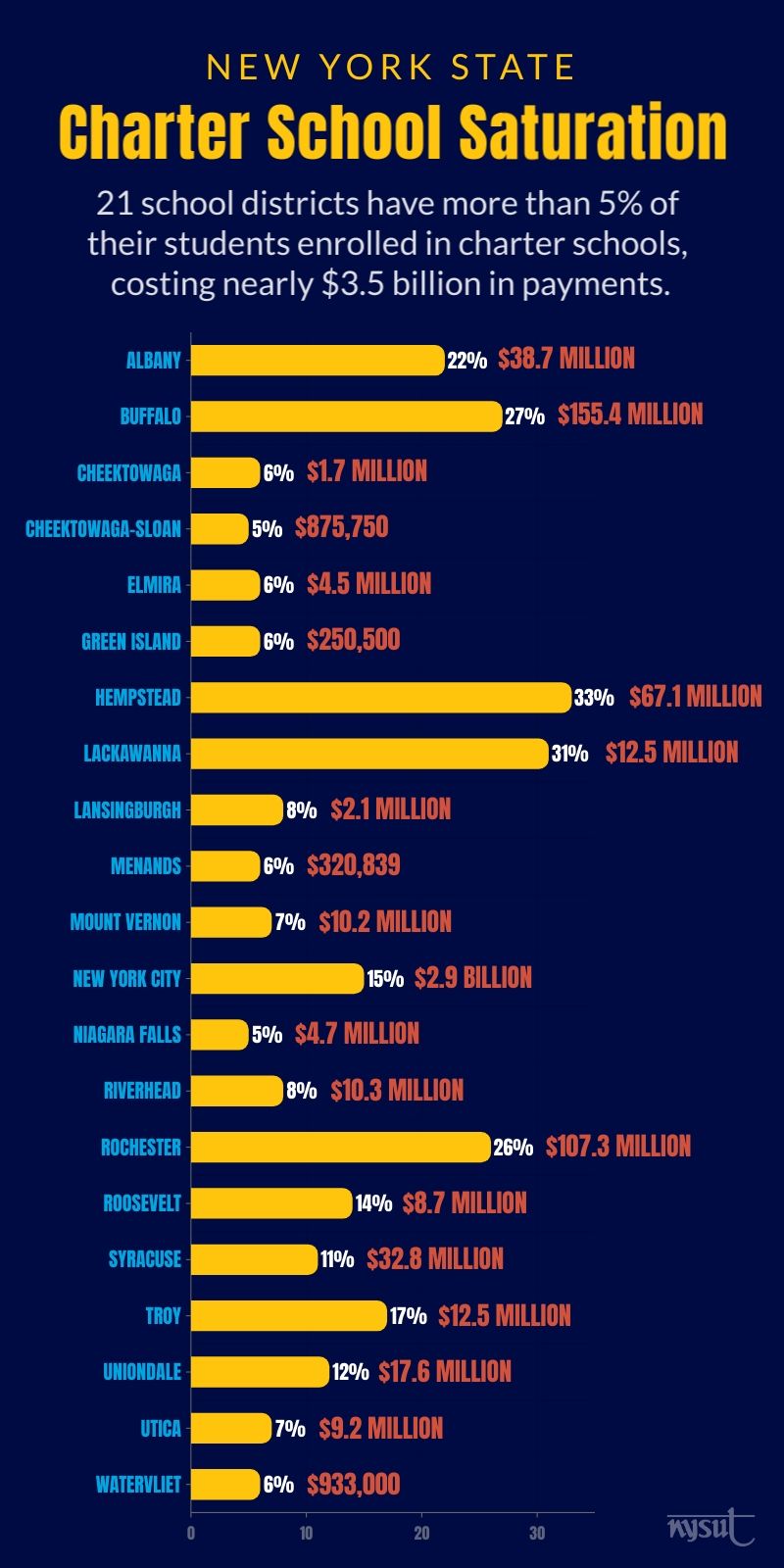
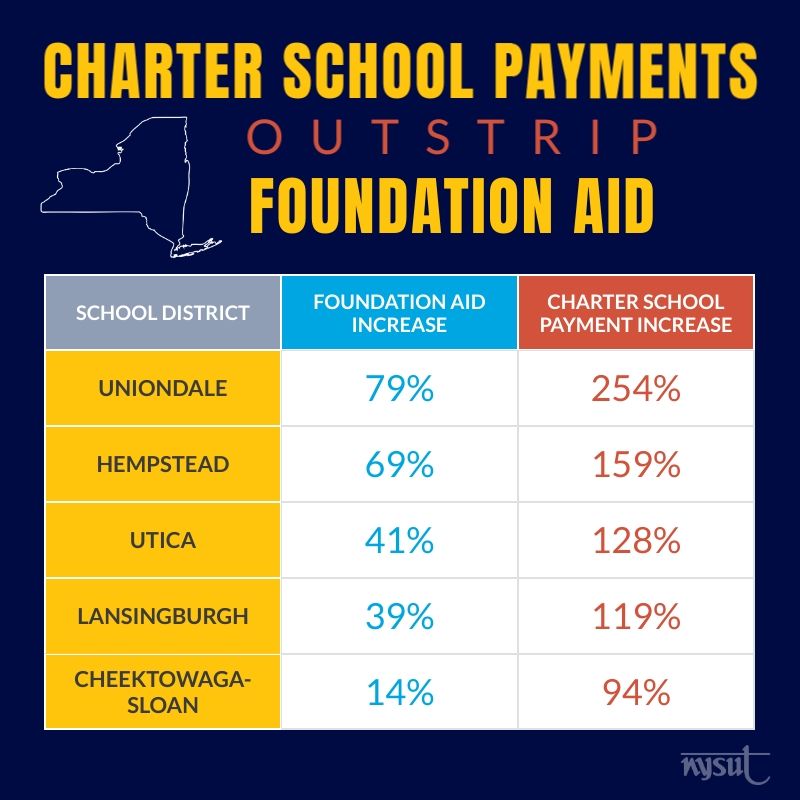
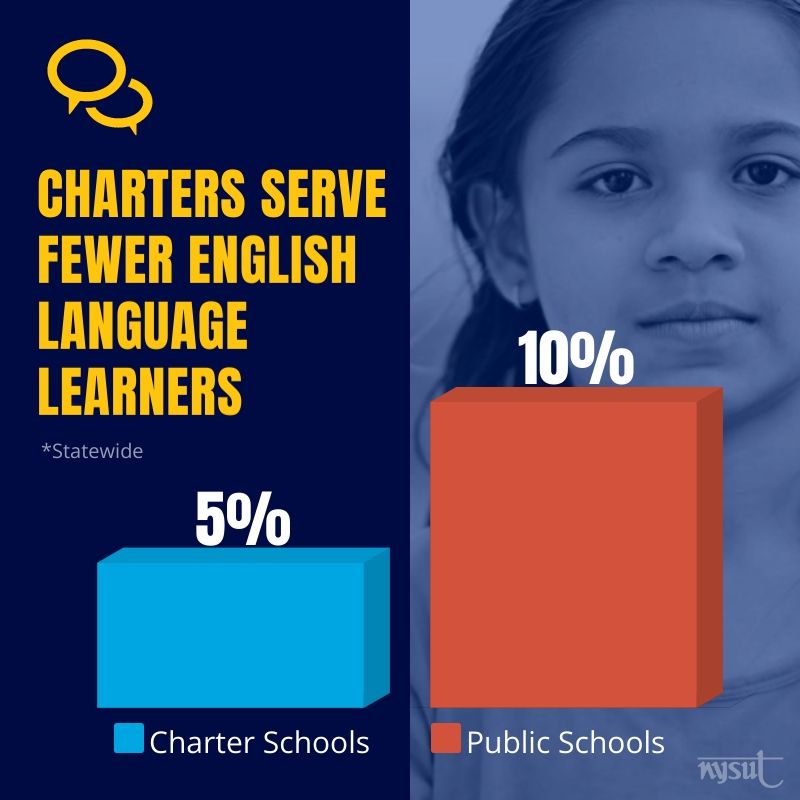
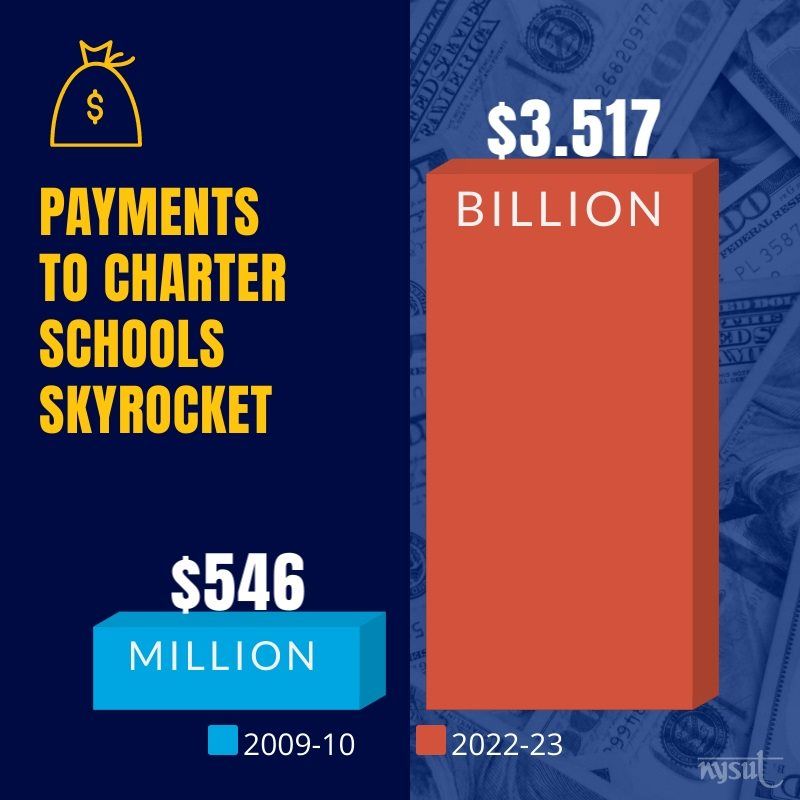
Public reaction to the charter school proposal
We see time and time again that corporate charters are more interested in their balance sheets than the well-being of students, families, school districts and communities. We've seen immediate and broad pushback to the state budget charter school proposal.
Legislators on both sides of the aisle are pushing back against the budget proposal to lift the regional cap and authorize the reissuance of “zombie charters.”
Voters say “No” to charter school expansion
Hart Research Associates found New York voters don’t want more charters, nysut.cc/charterpoll.
Key finding #1
Expanding charter schools is NOT a voter priority.
Key finding #2
Voters want elected officials to strengthen public schools.
Key finding #3
Voters across party lines oppose shifting funding away from public schools.
Key finding #4
Voters don’t like charters’ lack of accountability and transparency, or that they underserve certain students.
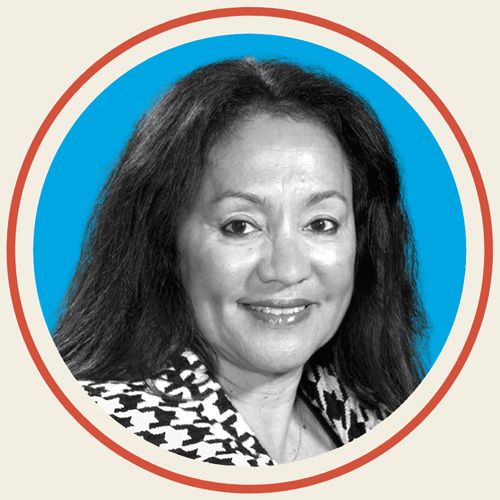
“If [charter schools] are such a wonderful experiment, then let me see them in places that embrace them other than communities of color.”
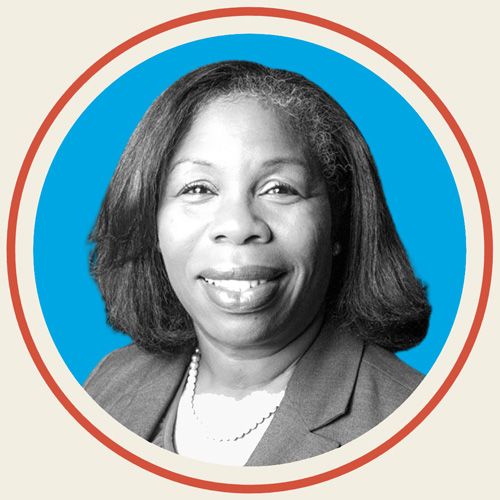
“[For now-shuttered zombie charters] $153 million was diverted from [public] schools due to facilities charges. When you think about bringing back [zombie schools]… you see an exorbitant price tag.”
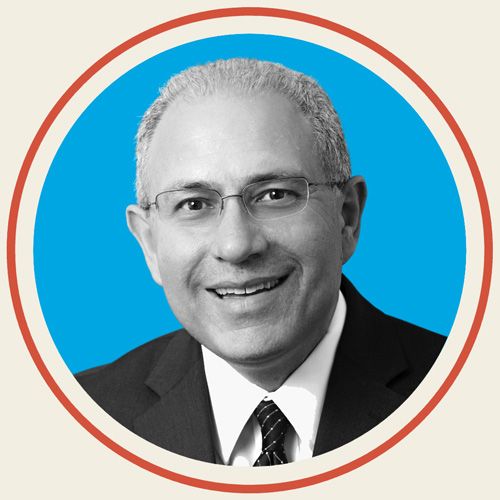
“Public schools are part of our communities. They are transparent and locally controlled. But school boards have no say in whether a charter school is established in the school district … local school boards should have final approval over a charter school’s application.”

“It’s clear that parents and communities really don’t want an expansion of charters. Public schools take all children with open arms … this is what public education is supposed to be about.”
